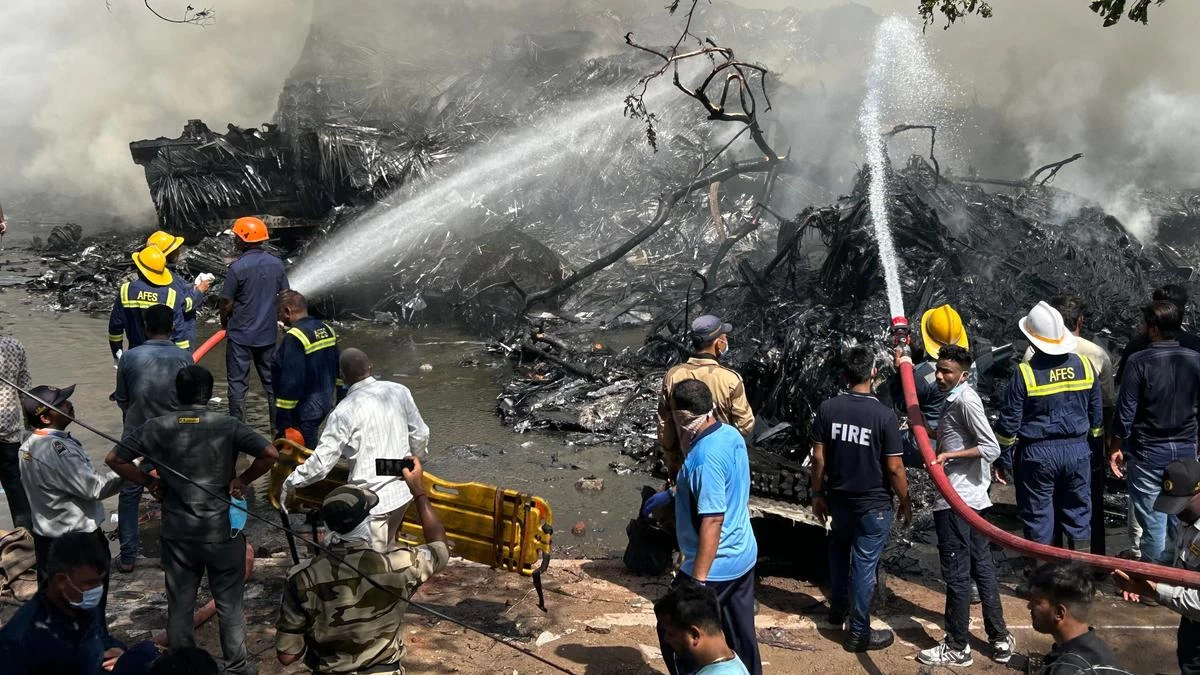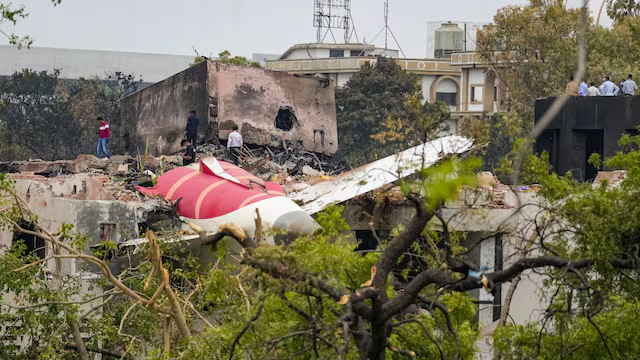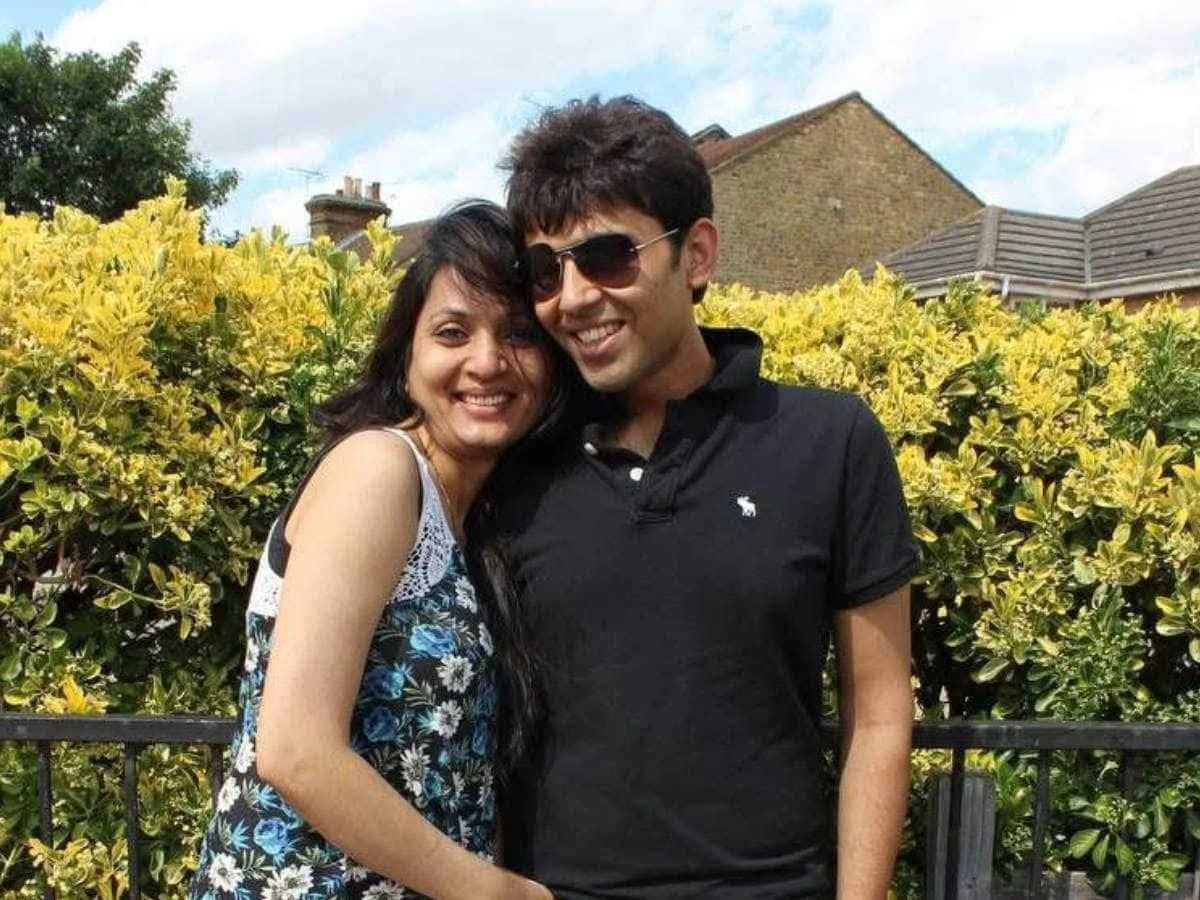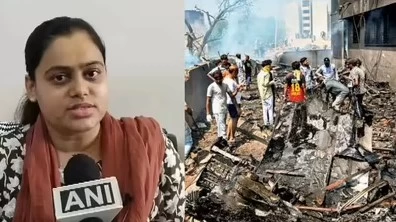Latest Updates
“No Criminalization of Marital Rape Needed…” : Union Government tells the Supreme Court
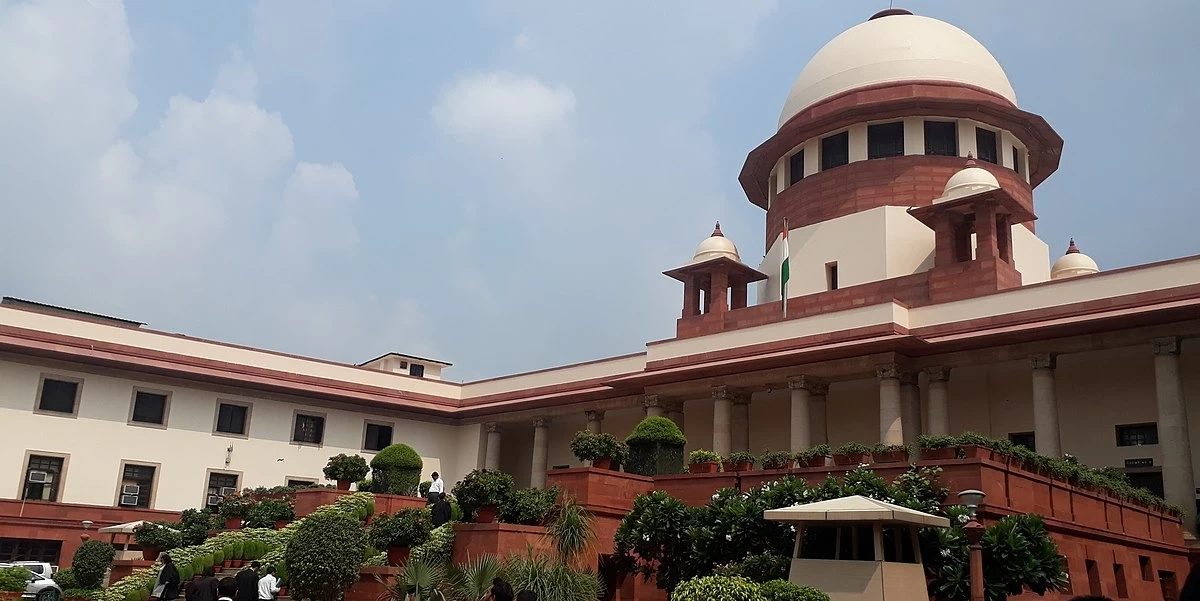
The Union government has warned the Supreme Court about the "far-reaching socio-legal implications" of criminalizing marital rape. It added that there is no requirement to criminalize marital rape, as there are already "appropriately designed punitive measures" in place, adding that the authority to criminalize marital rape does not lie within the Supreme Court's jurisdiction. In an affidavit, the Centre urged the court to consider a comprehensive approach that extends beyond mere legal aspects. This submission was made in response to petitions challenging the constitutionality of the marital rape exception under Indian law, which currently allows husbands to escape prosecution for rape if their wives are adults.
The marital rape provision, originally part of Section 375 of the Indian Penal Code (IPC), has been retained in the recently enacted Bharatiya Nyaya Sanhita (BNS). The government emphasized that the issue of marital rape transcends constitutional questions and is fundamentally a social matter.
"While exercising judicial review on such subjects, it is to be appreciated that the present question is not only a constitutional question, but essentially a social question on which the Parliament... has taken a position” stated the affidavit. The Centre noted that during the 2013 IPC amendments, Parliament had thoroughly deliberated on the issue and chose to maintain the marital rape exception.
In addition, the government expressed concerns that criminalizing marital rape could disrupt the institution of marriage in India, stating that it could "destabilise marriages" and affect conjugal relationships. The affidavit also highlighted the potential for misuse of any amended provisions, pointing out that in today's rapidly evolving social landscape, proving the presence or absence of consent could be challenging.
Under the now-repealed IPC, Section 375 allowed a man to be exempt from rape charges if the victim was his wife and not a minor. The BNS, effective since July 2023, retains this exemption in Section 63. Several legal challenges have emerged, with petitioners arguing that this provision discriminates against married women by denying them protection from sexual assault by their husbands.
In January 2023, the Supreme Court requested the Centre's response to multiple petitions questioning the marital rape exception. Similar notices were issued in May 2023 regarding the new BNS provisions.





